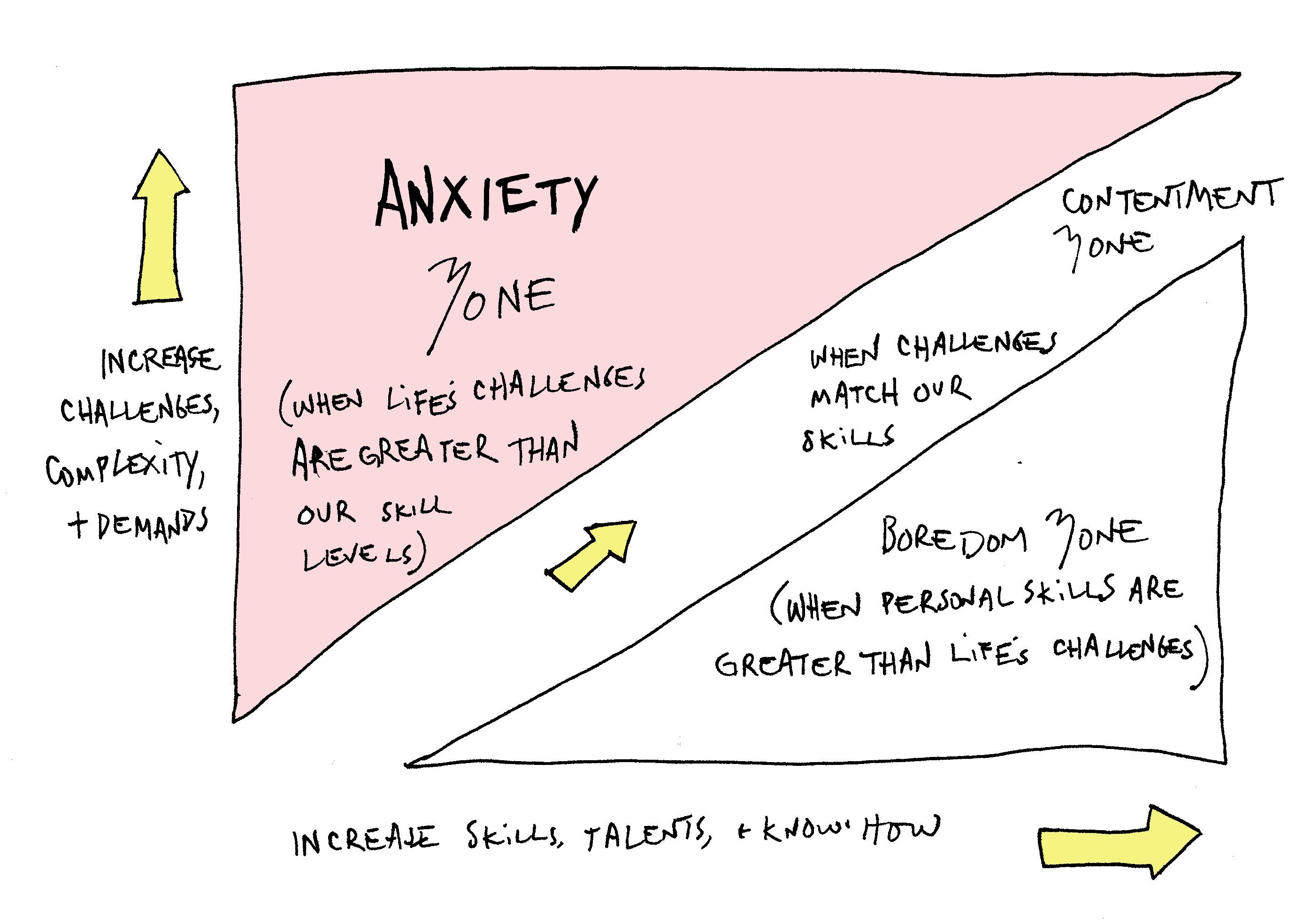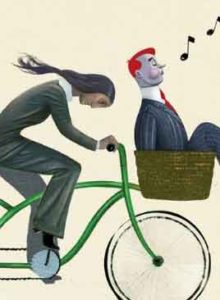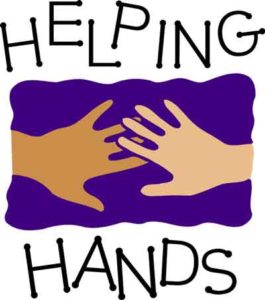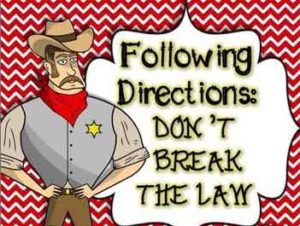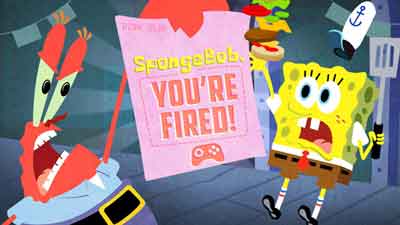This week’s blog is a personal response to something happening in my own life incorporating applicable quotes to support my ideas. In my summer writing class, we have been studying the quote sandwich. Today’s lesson exemplifies embedded quotes.
Metamorphosing – Trying Something New with Quotations
I’m a teacher, and I love my job. Yet, for my entire life, I have dreamed of being a writer. I’ve always wanted to write. As a child, I wrote my own stories and poems. As a student, I loved reading the literature greats. The transcendental nature of words fascinated me. However, I did not major in literature or journalism. Though I have always wanted to write, I had nothing to say, no driving ideas, or no passion of thought. Also, I am eminently practical and needed a solid career, so I choose to embrace my love of words and become a writing instructor. With an academic background in English, Linguistics, and Reading, I have become proficient at aiding student writers in learning to put their ideas on paper. Watching a student realize the power of good language, the persuasiveness of clear logic, and the possibility of emotional connection validates my career choice and give me great joy. Mastering good writing has enabled countless of my students to meet their personal goals, whatever they may have been. It has been one of the greatest accomplishments of my life.
Through teaching, I have found something to say. I have many driving ideas. I have an extreme passion for empowering students to themselves write well.
And I never lost my desire to write. Toni Morrison once claimed, “If there’s a book that you want to read, but it hasn’t been written yet, then you must write it.” There are tons of books on the market for ESL, for writing, and for college; nevertheless, there is a lack in some areas. One book might have great grammar but less than stellar examples while another is too broad for my purposes. I realized that the exact topics I wanted were not yet written, so I decided I would have to write them.
“Long patience and application saturated with your heart’s blood—you will either write or you will not—and the only way to find out whether you will or not is to try,” argued Jim Tully. So, I tried.
I wrote in 2012, the first small book on student communication. It was only 100 pages. It had great ideas but huge gaps in structure and style. It was the best I could do when I did it. I used in in my classes, students learned, and life was good. But, it wasn’t an A effort. As an instructor myself, I’d have to score it a C-. I wondered if I was really cut out for this writing thing.
Sylvia Path claimed, “And by the way, everything in life is writable about if you have the outgoing guts to do it, and the imagination to improvise. The worst enemy to creativity is self-doubt.” I understand self-doubt. I don’t have a degree in writing or formal training. I am only an adjunct instructor, not accomplished, nothing special, so who was I kidding that I could do this?
I was inspired by Kurt Vonnegut Jr.’s idea that “we have to continually be jumping off cliffs and developing our wings on the way down.” As a writing instructor, I did know what good writing looked like. I could recognize good wings, I just had to learn to stretch my own and do it. I had to be like Anne Frank who cried, “I can shake off everything as I write; my sorrows disappear, my courage is reborn.”
With a similar reborn courage, years later, I tried again. I followed Jack London’s advice that “you can’t wait for inspiration. You have to go after it with a club.” My club was a co-author, Lucas Nguyen, a former student, inspiring influence, and overall amazing human being on a topic I knew little about applying for medical school coupled with what I did know a lot about writing. I embraced Meg Cabot’s suggestion that I must, “write the kind of [book] you would like to read. People will give you all sorts of advice about writing, but if you are not writing something you like, no one else will like it either.” This fantastic book told Lucas’ personal success story as a non-native English speaker getting into getting into medical school with advice to help others do the same. With input from others, a student reading panel, an editor, and another major contributor, this book is amazing! The material within is invaluable for students applying to medical school. Nonetheless, this too was a learning experience and had many faults. This book could be scored a B. I was getting better, but still had so far to go!
Regardless of the deficiency of the work, I had been bitten by the bug in a serious way. With the medical school book, I realized that my simple, direct way of teaching writing to ESL students could be a kind of magic. I could actually be one of William Gass’ true alchemists, not changing “lead into gold”… but changing “the world into words.” My goal of providing the accessible techniques for ESL students to create their own accomplished writing would help me to be like Mark Twain who wrote, “My books are water; those of the great geniuses is wine. Everybody drinks water.” I want my books to be like water to the thirsty ESL student trying to survive in an English speaking desert. Like Ernest Hemingway, “My aim is to put down on paper what I see and what I feel in the best and simplest way.”
I continued to grow as a teacher and as a writer. I learned more about the process, about editing, about graphics and publishing and so much more. Larry L. King explained how to improve one’s writing by exhorting stating, “Write. Rewrite. When not writing or rewriting, read. I know of no shortcuts.” Today after 18 months of writing and rewriting a new book, I have submitted it for final review. It is the best thing I’ve ever written. I am so excited to release it in August. Finally, after all my effort, experience, and growth, I believe this book can be scored an A.
What does my journey have to do with your life?
Everyone single person has skills. She has something she loves to do. He has something he is good at. If they are lucky, what they love is what they are good at and hopefully even make a living with. But that is not true for many people. Many of us do things that we have to do.
So, what’s the point?
Something never comes from nothing. You can build upon whatever skills you have mastered in your life thus far. You don’t have to start over in your life but can metamorphose from one thing to another even as I am doing from an writing instructor to an instructor who both writes and instructs. Neil Gaiman said of writing, “This is how you do it: you sit down at the keyboard, and you put one word after another until its done. It’s that easy, and that hard.” The same idea could be applied to whatever it is you are trying to accomplish one action, one day, one failure at a time. I believe you can do it. I believe I can do it too. I believe that we will keep going until it’s done. It’s that easy and that hard.






















